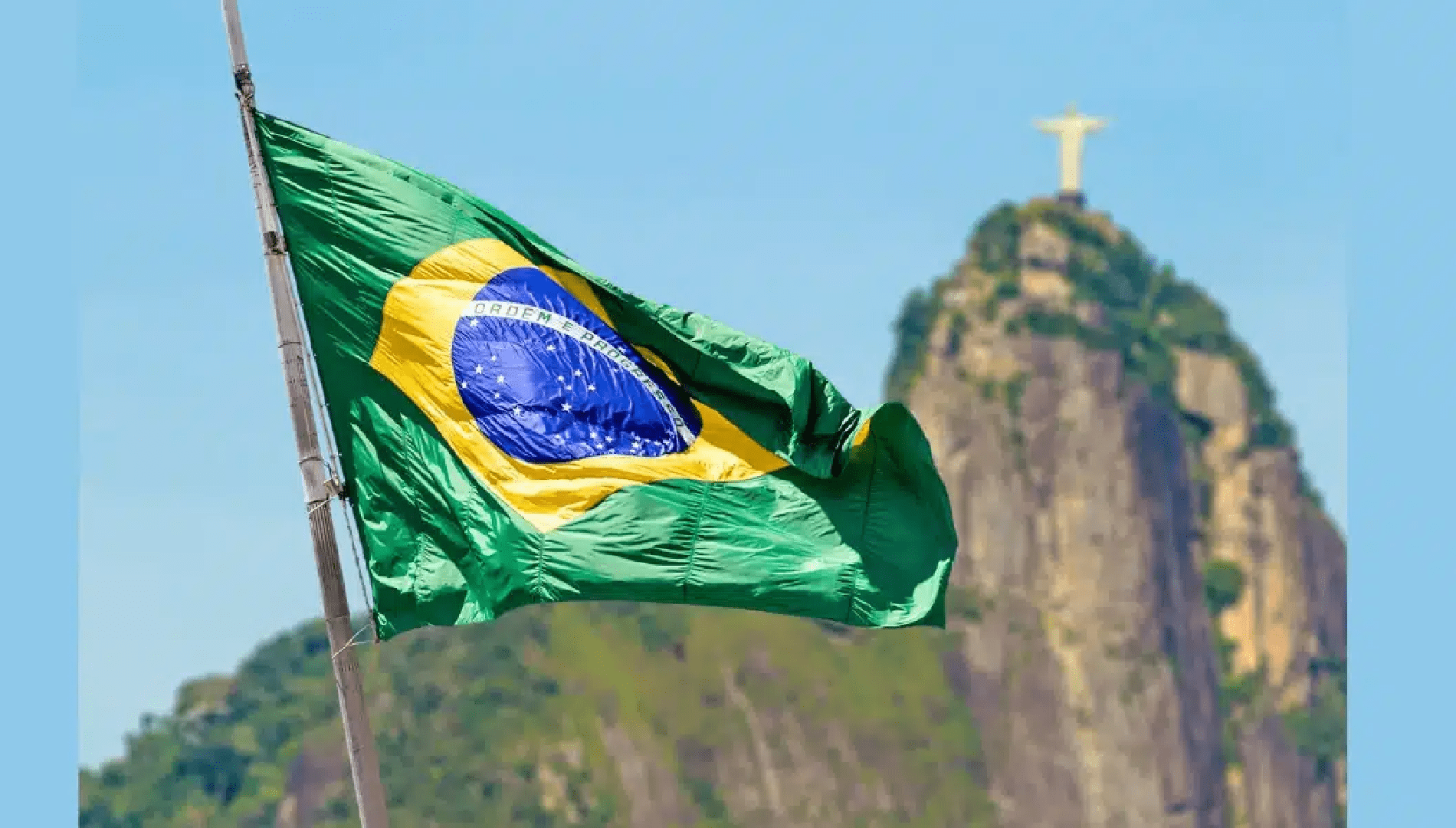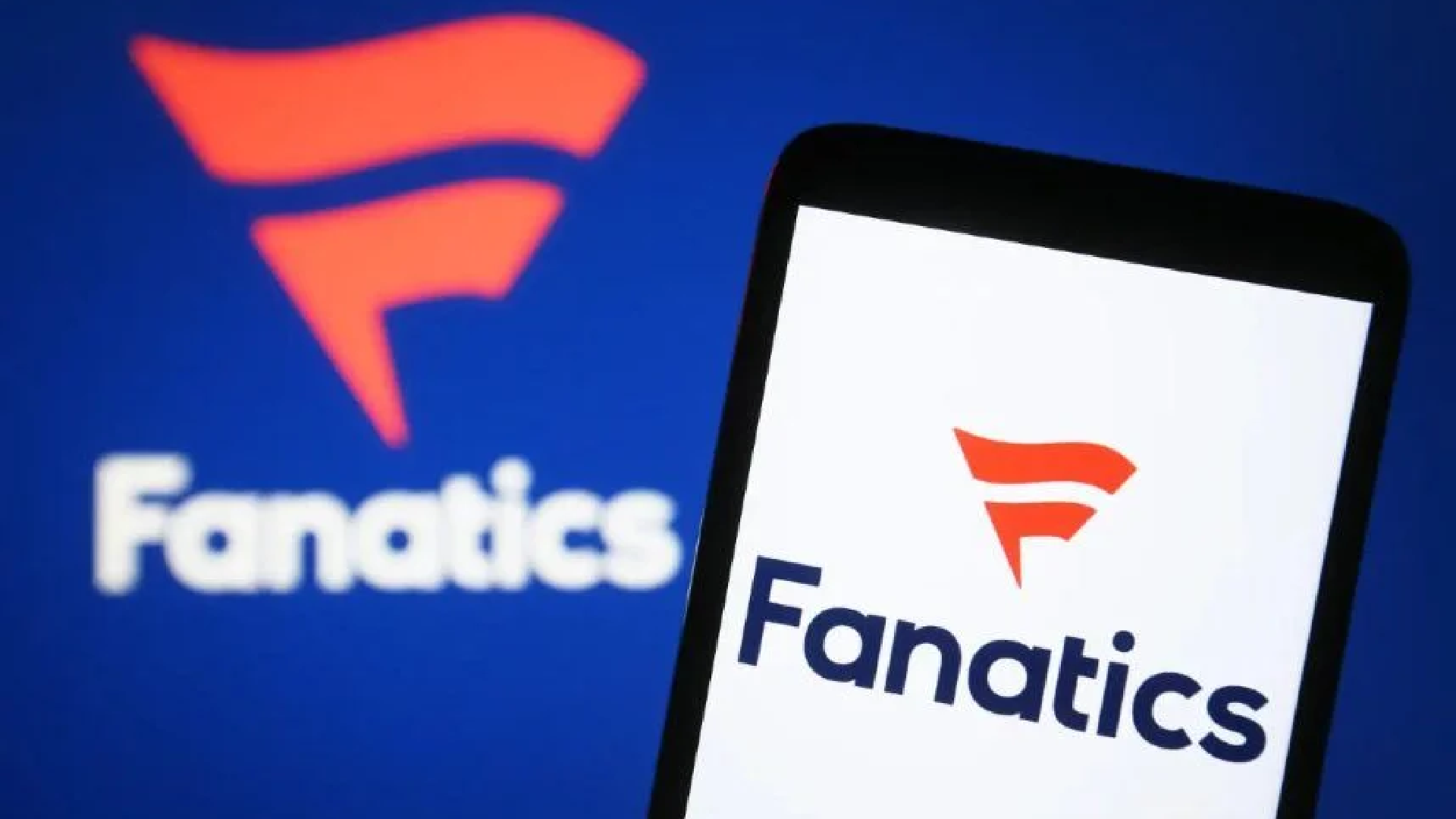
Brazil's sports betting bill was approved by the CAE, paving the way for a possible Senate plenary vote on November 28 to legalize sports betting and igaming. The bill distributes revenue to different sectors and has a 12% tax rate. If authorized, the market debut would represent a substantial shift in Brazil's changing regulatory environment and would be subject to additional review and presidential approval.
Brazil's Sports Betting Bill is Advanced with a 12% Tax Rate
Today, November 22, the Brazilian Economic Affairs Commission (CAE) approved Bill 3,626/23, confirming a 12% tax rate reduction for sports betting. Nevertheless, an attempt to strike iGaming from the law was unsuccessful.
The text of the bill has been approved by the CAE, and it is now prepared for consideration in the Senate plenary. It is possible that Brazil will approve sports betting and igaming on November 28 during the Senate plenary session.
The Chamber of Deputies will review any changes made to the measure text by the Senate. The lower house approved Bill 3,626/2023 in September.
Senators Eduardo Girão and Carlos Portinho were among those who opposed it. September: Attempts to remove igaming from the bill also failed, the same day that online casinos were inadvertently included in the sports betting bill.
The vote was supposed to take place yesterday, but the CAE postponed it. According to the Senate agency on Senado Noticias, Senator Girão requested a delay.
Girão claimed that the issue is serious and impacts those who are less fortunate. Thus, when passing legislation, great caution—not haste—must be exercised.
Where Does Brazil's 12% Sports Betting Tax Go? Revenue Allocation Breakdown
The Brazilian government will receive 12% of the revenue, leaving 88% for the operator to keep.
Thirty-six percent of tax revenue will go toward sports. Among other groups and clubs, this includes the Brazilian Olympic Committee and the Ministry of Sports.
The second-highest portion (28%) of the total will go to tourists. This will be accepted by the Ministry of Tourism and the Brazilian Agency for International Tourism Promotion. Ten percent will go toward social security and education, and fourteen percent will be allocated to public safety initiatives.
The Ministry of Health will receive one percent of the proceeds, the Fund for the Equipment and Operationalization of Core Activities of the Federal Police will receive five percent, and civil society organizations will receive the remaining five percent.
Brazil's Sports Betting Bill: Extended Licenses, Reduced Taxes, and Increased Security
It is made clear by the bill that the CAE approved that sports betting is still permitted in Brazil.
The license is priced at R$30 million (£4.8 million/€5.6 million). Longer license terms—five years—will also be implemented.
The inspection fees have also undergone changes in value. It will now be determined by slightly lower GGR levels rather than the premium paid.
In Brazil, the Ministry of Finance must grant authorization before a business can be established. A minimum of 20% of the company's capital in Brazil must be owned by a Brazilian partner in order for the operator to receive a license. They also need to have installed appropriate security systems.
The bill mandates that operators provide means for individuals to authenticate themselves. The article offers facial recognition software as a potential fix.
The proposed measures, as stated in the bill text, will use facial recognition technology to prevent minors, especially children, from placing bets online, thereby increasing online betting safety.
Brazilians won't permit unlicensed operators to run advertisements. Bonuses are prohibited by the agreement, and B2B partners are not permitted to provide technology to unlicensed B2C businesses.
VP from Brazil Appreciates Regulatory Progress
Aposta Ganha Vice President for Global Markets Hugo Baungartner expressed surprise and satisfaction that the bill had been approved by the CAE. He claimed to have worked in the Brazilian market for more than 25 years.
Given that it recognizes the existence of the online sports betting market, he believes it to be a significant advancement in the regulation of the gambling industry. Baungartner is confident despite being aware that there may be attempts in the future to remove iGaming from the bill. The majority of people, both domestically and internationally, are positive about the bill.
Bill 3,626/2023 will return to the chamber for additional review if it is approved by the Senate plenary.
President Lula da Silva will open the market following a vote in favor of it.
Brazil's Difficult Road to Regulation
Brazilian sports betting has a complicated and long history. In May, the government unveiled a provisional measure (PM) pertaining to sports wagering. Da Silva enacted PM No. 1,182 in July.
As a result, Law No 13,756 was passed in 2018 and approved Brazil's sports betting regulations. But the signing of the PM was met with criticism from the gaming industry, particularly given the high tax rate on gross gaming revenue (GGR) and the restrictions on marketing.
Bill 3,626/2023, which was introduced later in the year, amended PM No. 1,182. The main difference was the reference to an online casino in the bill text. But prior to its amendment, Bill 3,626 kept the controversial 18% tax rate in place.The general regulations for sports betting were published by Brazil's Ministry of Finance in October. Companies wishing to operate under a sports betting license in Brazil must have a Brazilian subsidiary.
Exclusive Casino Bonuses
Oshi
- Home to more than 70+ gaming providers
- Received the AskGamblers Certificate of Trust
- An extensive list of restricted games with bonus funds
Play with
Canadian dollars, Chinese yuan, Euros, Norwegian kroner, US dollars, Bitcoin, Ethereum, Bitcoin Cash, Litecoin, Dogecoin, Tether, Brazilian reals, Ripple, TRON, Russian rubles, Japanese yen, Polish zlotys, Indian rupees, ADA, Binance Coin,Wagering Requirements
-Minimum Deposit
-150% up to €500
& 200 FS
Deposits
Other Payment Methods
Withdrawals
New players only. T&Cs apply. 18+
Betition
- Offers great welcome bonuses and promos for sports
- Home to leading software providers
- Limited live chat hours 08:00 - 00:00 CET
Play with
Canadian dollars, Chilean pesos, Euros, Norwegian kroner, British pounds sterling, US dollars,Wagering Requirements
Not StatedMinimum Deposit
€ 10Welcome offer 100%
up to € 150 + 150 Spins
Deposits
Withdrawals
Other Payment Methods
New customers only. Minimum deposit: First deposit € 10. Max. Bonus: € 150. Offer applies to the first deposit. Offer only applies to new players. The spins are awarded as follows: 50 spins on book of dead plus a 100% bonus on your first deposit up to € 150. You will receive an additional 50 spins on book of dead when you make your deposit on the second day of at least € 20 and another 50 spins when you make a deposit on the third day (at least € 20). Winnings from games that require a deposit must be wagered 35 times. A bonus that requires a deposit must be wagered 35 times. Terms and conditions apply, see full terms: Bonus Policy 18+ T&Cs and wagering requirements apply.
Intense Casino
- Mobile friendly design
- The Curacao licensed site
- Limited live chat hours
Play with
Wagering Requirements
-Minimum Deposit
-Welcome offer
up to €888
Deposits
Withdrawals
Other Payment Methods
New players only. T&Cs apply. 18+







